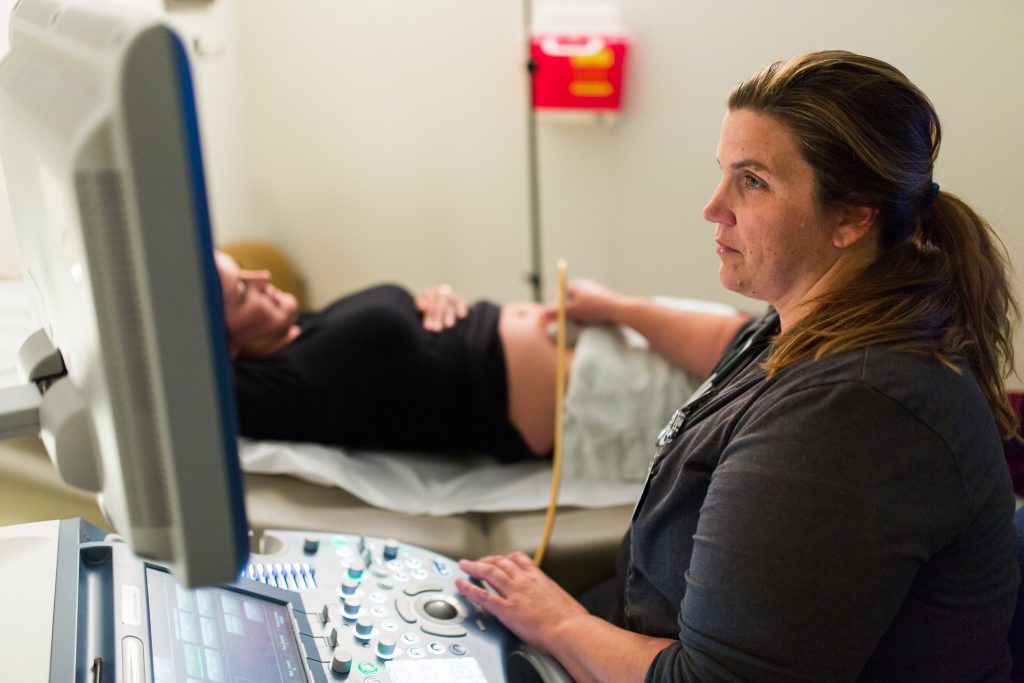Increasing birth defect awareness on a global level
According to the Centers for Disease Control and Prevention (CDC), birth defects affect 1 in 33 babies born in the United States each year. A birth defect is a structural change present at birth that affects any part of the baby’s body, such as the brain, foot, heart or palate. Birth defects vary in severity from mild to critical and can impact how the child is able to function or survive.
[source: Centers for Disease Control and Prevention; “Facts about Birth Defects” article]
Action steps to help prevent birth defects
It’s important to note that some birth defects cannot be prevented – they just happen. However, if you are a mother-to-be, there are steps you can take to lower your risk of having a baby with a birth defect. The CDC offers the following suggestions to women who are pregnant or are planning to get pregnant:
- Hygiene – it’s important. Wash your hands frequently, cover your nose and mouth while sneezing or coughing and try to reduce contact with the saliva and urine of babies and small children. Common viruses can impact the growth of a fetus and result in birth defects such as a small head (microcephaly) and hearing loss.
- Vaccinations make a difference. At least one month before getting pregnant, make sure you are up-to-date on all of your vaccines, including chickenpox and rubella, both which can cause serious birth defects during pregnancy. It’s also important to get the flu shot and the Tdap vaccines while pregnant to help protect the mother during pregnancy and the infant once they are born.
- Have a trusted healthcare provider. Discuss your entire health history with your healthcare provider, including past infections or sexually transmitted diseases. It’s important to be as healthy as possible before getting pregnant. Ask your physician about starting prenatal vitamins and reducing your exposure to infection to minimize your baby’s birth defect risk.
- Keep those insects away. Zika virus has been in the news the last few years, and rightly so – mosquitos carry this virus and a single bite can transmit Zika into either the mother or father-to-be. Zika can cause microcephaly and severe brain birth defects in infants. Minimize your Zika risk by making sure to dress in lightweight clothing that covers your arms and legs when outside, use insect repellant and avoid traveling to areas that are known to have Zika-carrying mosquitos.
[source: Centers for Disease Control and Prevention; “Prevent Birth Defects” article]
At St. Elizabeth Healthcare, we are dedicated to supporting all parents-to-be and their babies. We offer variety of services to help our Northern Kentucky patients put their best foot forward during pregnancy, including comprehensive Women’s Health care and Genetic Screening options. Please call 877-424-5750 to learn more and to schedule an appointment with one of our providers.

